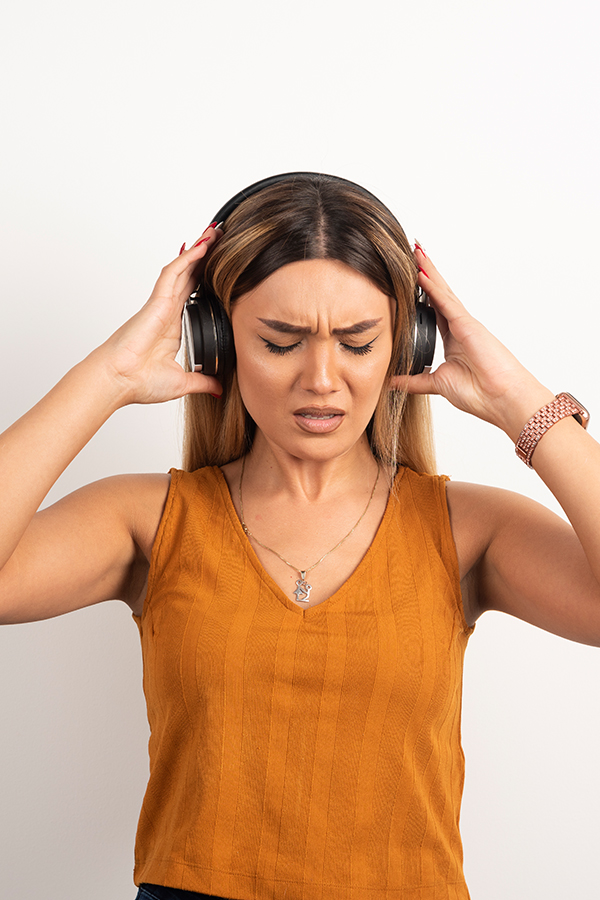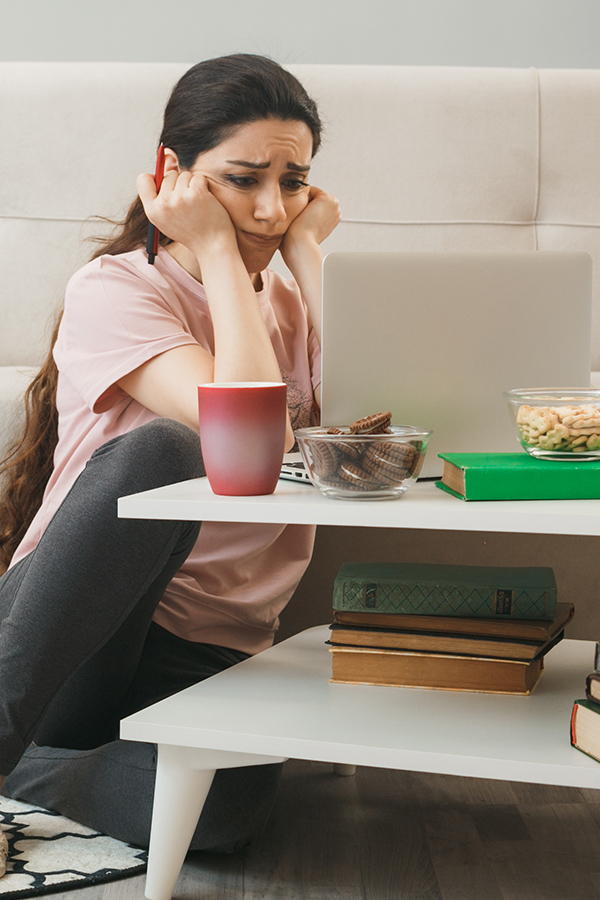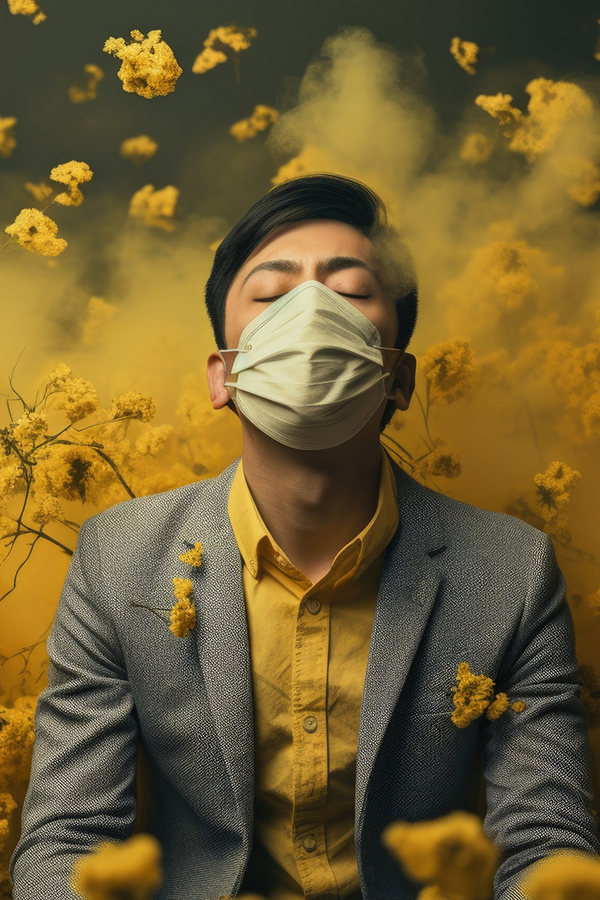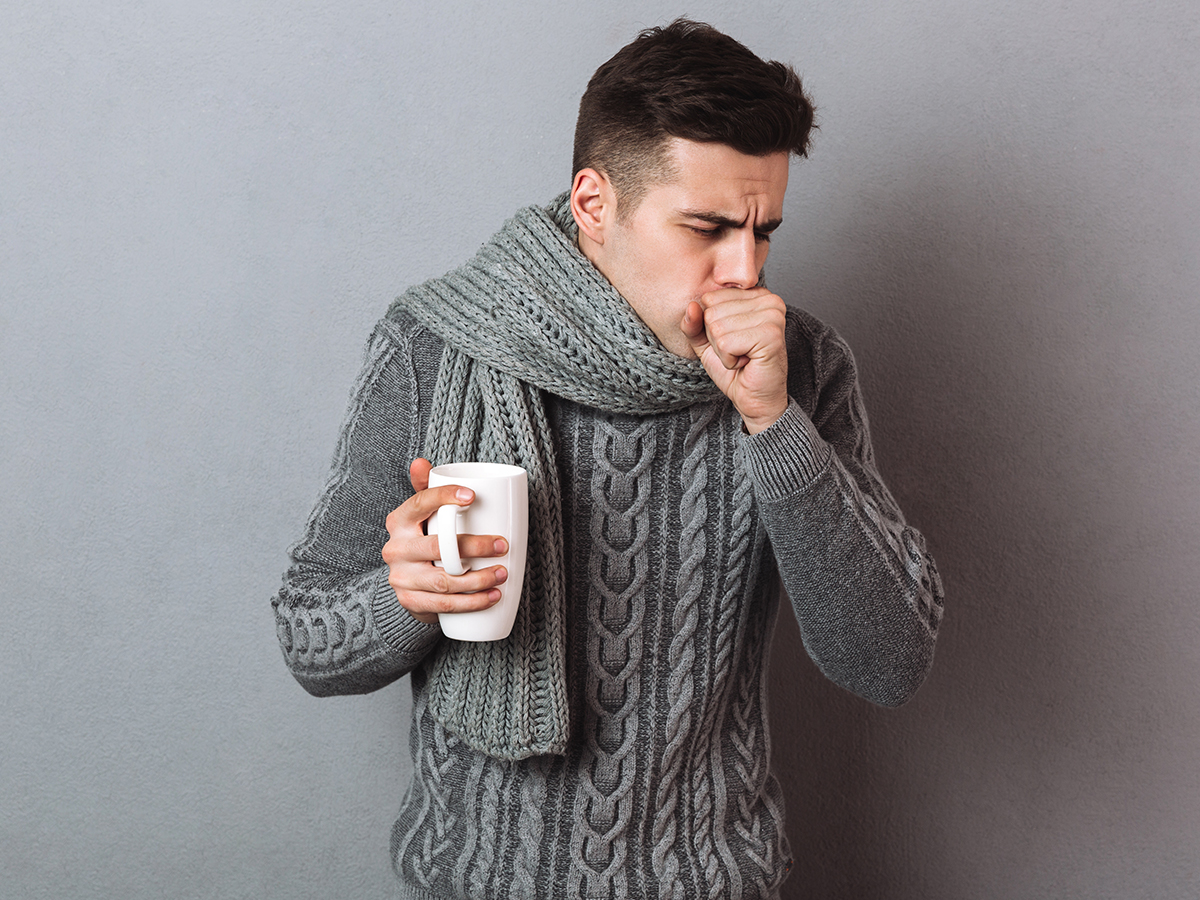Migraines are more than just headaches; they can be debilitating and affect various aspects of your daily life. Understanding the factors that contribute to migraines is crucial for managing and preventing these episodes. In this blog post, we will delve into the top 7 migraine triggers and explore what causes migraine headaches, common symptoms, and effective preventive measures.


1. Bright Lights and Loud Sounds
Bright lights and loud sounds are notorious migraine triggers. Exposure to intense light, such as sunlight or fluorescent lights, can overstimulate the brain and trigger a migraine attack. Similarly, loud sounds can lead to sensory overload, contributing to the onset of migraines.
To prevent migraines triggered by light sensitivity, consider wearing sunglasses with polarized lenses, especially on sunny days. Additionally, invest in noise-canceling headphones to minimize the impact of loud sounds on your sensory system.

2. Dietary Factors
Certain foods and beverages are known to trigger migraines in susceptible individuals. Common culprits include aged cheeses, chocolate, caffeine, and alcohol. It’s essential to maintain a migraine triggers list and identify specific items that consistently lead to headaches.
To prevent migraines caused by dietary factors, try maintaining a food diary to track your diet and potential triggers. Gradually eliminate suspected items and observe changes in migraine frequency. Consulting with a registered dietitian can provide valuable insights into crafting a migraine-friendly diet.

3. Hormonal Changes
Hormonal fluctuations, particularly in women, can contribute to migraines. For many, migraines often coincide with the menstrual cycle or the use of oral contraceptives. Understanding the connection between hormonal changes and migraines is crucial for effective management.
To prevent migraines associated with hormonal changes, consider discussing alternative contraceptive methods with your healthcare provider. Additionally, maintaining a consistent sleep schedule and managing stress levels can help regulate hormonal fluctuations.

4. Weather Changes
Changes in weather patterns, such as sudden drops in barometric pressure or extreme temperatures, can trigger migraines in susceptible individuals. While it’s challenging to control the weather, being aware of these triggers allows for better preparation.
To prevent weather-related migraines, stay hydrated, dress appropriately for the climate, and consider using air purifiers to reduce indoor allergens. Monitoring weather forecasts can also help you anticipate and manage potential triggers.

5. Stress and Anxiety
Stress and anxiety are among the most common migraine triggers. The demands of daily life, work pressures, and personal challenges can contribute to the development of migraines. Recognizing stressors and adopting effective stress management techniques is vital.
To prevent migraines caused by stress, incorporate relaxation techniques into your routine. Practices such as deep breathing, meditation, and regular exercise can help alleviate stress and reduce the likelihood of migraine attacks.

6. Sleep Disruptions
Irregular sleep patterns, insufficient sleep, or poor sleep quality can trigger migraines in some individuals. Establishing a consistent sleep schedule and creating a relaxing bedtime routine are crucial steps in preventing sleep-related migraines.
To promote better sleep, create a comfortable sleep environment, limit screen time before bedtime, and avoid caffeine intake in the evening. Prioritizing a good night’s sleep can significantly reduce the frequency of migraines.

7. Strong Odors
Certain strong odors, such as perfumes, cleaning products, or smoke, can act as migraine triggers. Individuals sensitive to these smells may experience headaches or migraines when exposed to such stimuli.
To prevent migraines triggered by strong odors, choose fragrance-free products whenever possible. In public spaces, consider wearing a mask or using a scarf to minimize exposure to potentially triggering scents.
Conclusion
Understanding the various migraine triggers and taking proactive steps to manage and prevent them is essential for individuals prone to these debilitating headaches. By identifying personal triggers, maintaining a healthy lifestyle, and adopting effective preventive measures, you can significantly reduce the frequency and severity of migraines.
Unlock a healthier you with expert-curated blogs, latest health news, and insights from professionals. Join Medixnext’s empowering community for accurate and accessible health information. Medixnest is your trusted partner in the journey towards optimal health and well-being.



Your point of view caught my eye and was very interesting. Thanks. I have a question for you.
Thank you for your sharing. I am worried that I lack creative ideas. It is your article that makes me full of hope. Thank you. But, I have a question, can you help me?
yes, please share your question.